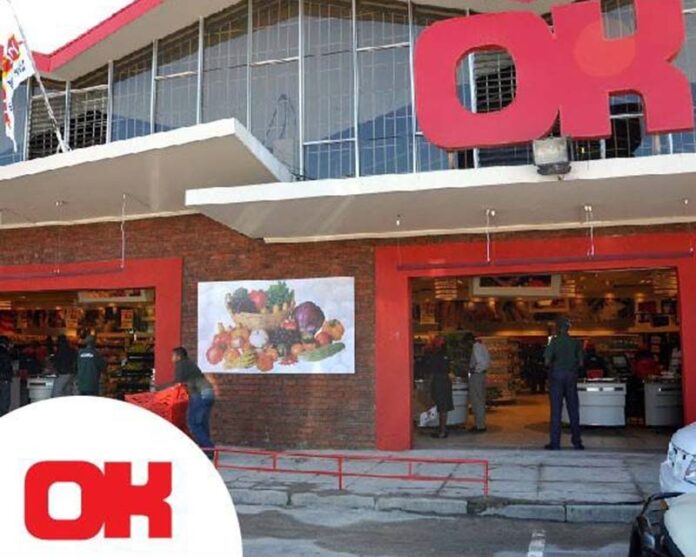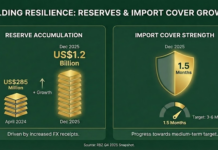Pride Mzarabani
HARARE – The government has consolidated 11 licence requirements by merging all fragmented local authority licences into a single unitary licence, in a move designed to simplify operations for players in Zimbabwe’s wholesale and retail sector.
The reform, which is part of the ongoing Ease of Doing Business and Regulatory Fees Reforms, aims to streamline compliance processes, cut costs, and enhance efficiency within one of the country’s most vibrant economic sectors.
The wholesale and retail industry has long been lobbying government to simplify its licensing framework, citing excessive paperwork and multiple fees as barriers to growth. Under the new structure, businesses will now make one payment under a single licence, easing the administrative burden and creating a more business-friendly environment.
In a statement, the Ministry of Finance, Economic Development and Investment Promotion said the reforms are part of a broader drive to modernise regulatory frameworks across all key sectors.
“Government is continuing with Ease of Doing Business and Regulatory Fees Reforms for all sectors. To date, these reforms have covered the Livestock, Tourism and Transport sectors, and are now being extended to the Wholesale and Retail sectors,” read part of the statement.
This change particularly benefits small businesses operating multiple lines such as bakeries, butcheries, restaurants, and takeaways, which previously required several licences, sometimes costing thousands of dollars.
- Bottle store licences have been scrapped for outlets operating within licensed retail shops.
- Factory and retail licences have been combined into one for integrated businesses under a single premise.
- Wholesale and retail operations will now be covered by one licence.
- The Zimbabwe Tourism Authority (ZTA) will no longer require supermarkets to obtain tourism-related retail licences, limiting such requirements to tourist-designated businesses.
Furthermore, government directed local authorities to adopt a sliding-scale licence fee structure capped at US$500, ensuring fair treatment for small and medium enterprises (SMEs).
- A 50% reduction in hotel, lodge, and tourism licence fees, capped at US$500.
- Change of Property Use fees capped at US$1 000, down from as high as US$3 500.
- Effluent waste management costs reduced from US$575 to US$200 annually.
- Procurement Regulatory Authority of Zimbabwe (PRAZ) licence fees consolidated to a range of US$50–120, applicable across all branches of a business.
- The Liquor Licensing Board has unified all permits regardless of location.
- The Local Authority Financial Services Licence will now be issued annually by the Reserve Bank of Zimbabwe (RBZ) at a flat US$20 fee, down from as high as US$1 867.
- The Permit to Sell Veterinary Products under the Medical Control Authority of Zimbabwe (MCAZ) has been scrapped due to duplication with the Department of Veterinary Services.
The Ministry said these measures are aimed at creating a more conducive business environment, promoting job creation, and boosting productivity across the economy.
“Government remains committed to improving the business environment to encourage domestic and foreign investment as Zimbabwe moves toward achieving an Upper Middle-Income Society by 2030,” the statement added.
The reforms follow earlier interventions in the livestock, tourism, and transport sectors, reinforcing Zimbabwe’s commitment to improving competitiveness, cutting red tape, and promoting private sector-led growth.












